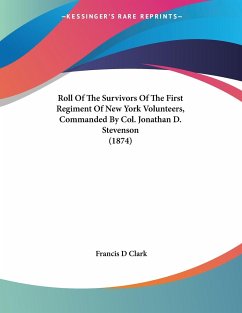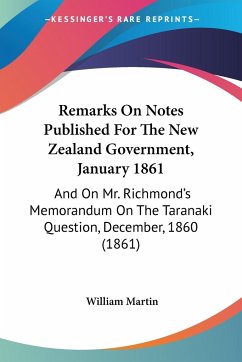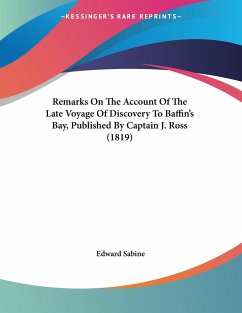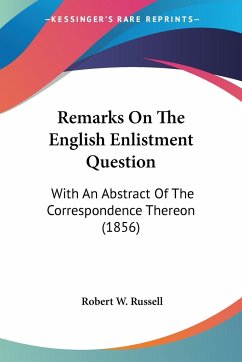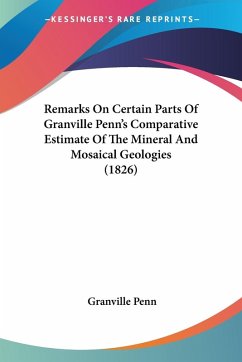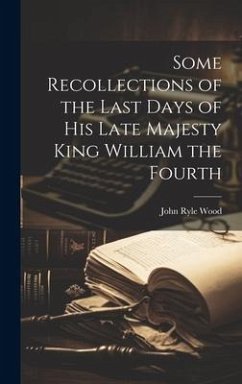
Some Remarks On The Barrier Treaty, Between Her Majesty And The States-General (1712)

PAYBACK Punkte
9 °P sammeln!
""Remarks on the Barrier Treaty"" is a political pamphlet written by Jonathan Swift in 1712. The Barrier Treaty was a treaty between Britain and the Dutch Republic, signed in 1709, which aimed to secure the Dutch Republic against French aggression. However, Swift believed that the treaty was disadvantageous to Britain and that it gave too much power to the Dutch. In his pamphlet, Swift makes a case for why the treaty should be revised and re-negotiated. He argues that the Dutch should not have so much control over the Spanish Netherlands and that Britain should have more say in the treaty's pr...
""Remarks on the Barrier Treaty"" is a political pamphlet written by Jonathan Swift in 1712. The Barrier Treaty was a treaty between Britain and the Dutch Republic, signed in 1709, which aimed to secure the Dutch Republic against French aggression. However, Swift believed that the treaty was disadvantageous to Britain and that it gave too much power to the Dutch. In his pamphlet, Swift makes a case for why the treaty should be revised and re-negotiated. He argues that the Dutch should not have so much control over the Spanish Netherlands and that Britain should have more say in the treaty's provisions. Swift's ""Remarks on the Barrier Treaty"" was a controversial and influential work at the time, and it continues to be studied by scholars of political history and diplomacy.This scarce antiquarian book is a facsimile reprint of the old original and may contain some imperfections such as library marks and notations. Because we believe this work is culturally important, we have made it available as part of our commitment for protecting, preserving, and promoting the world's literature in affordable, high quality, modern editions, that are true to their original work.



